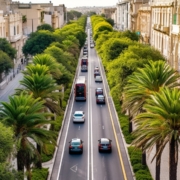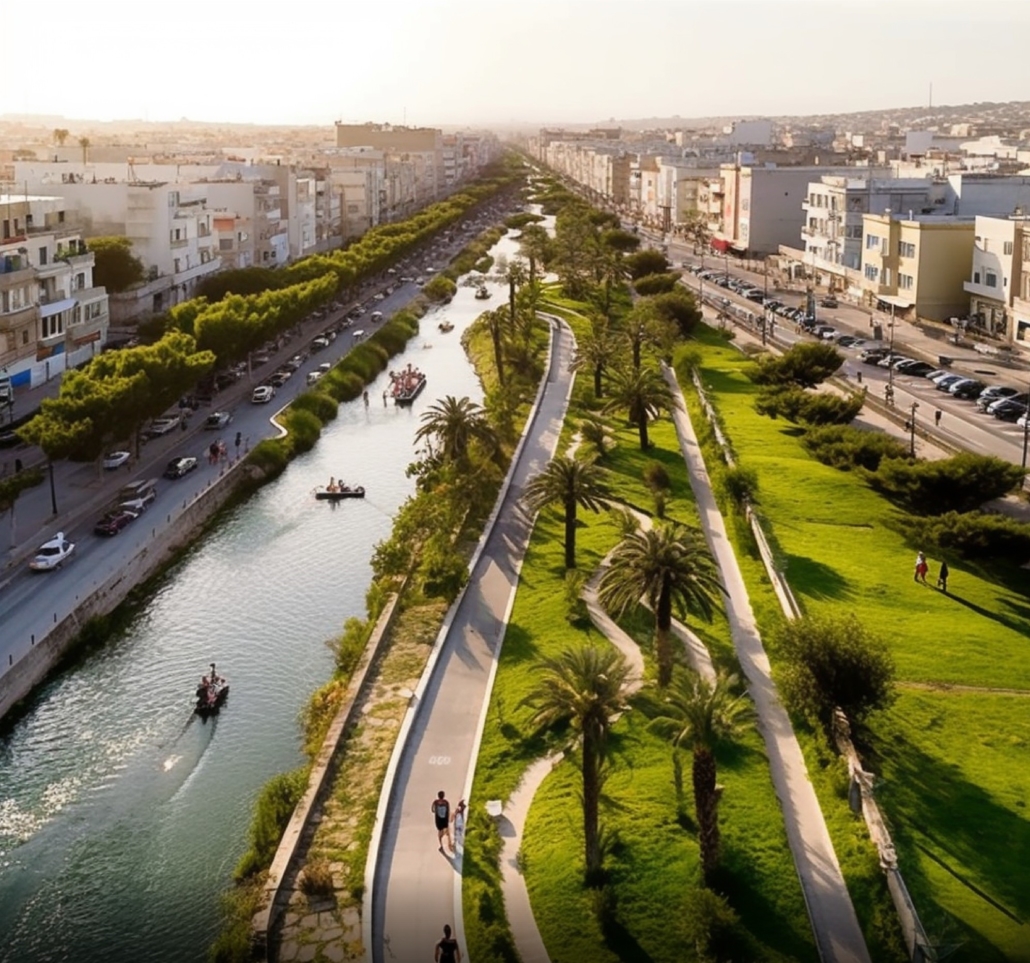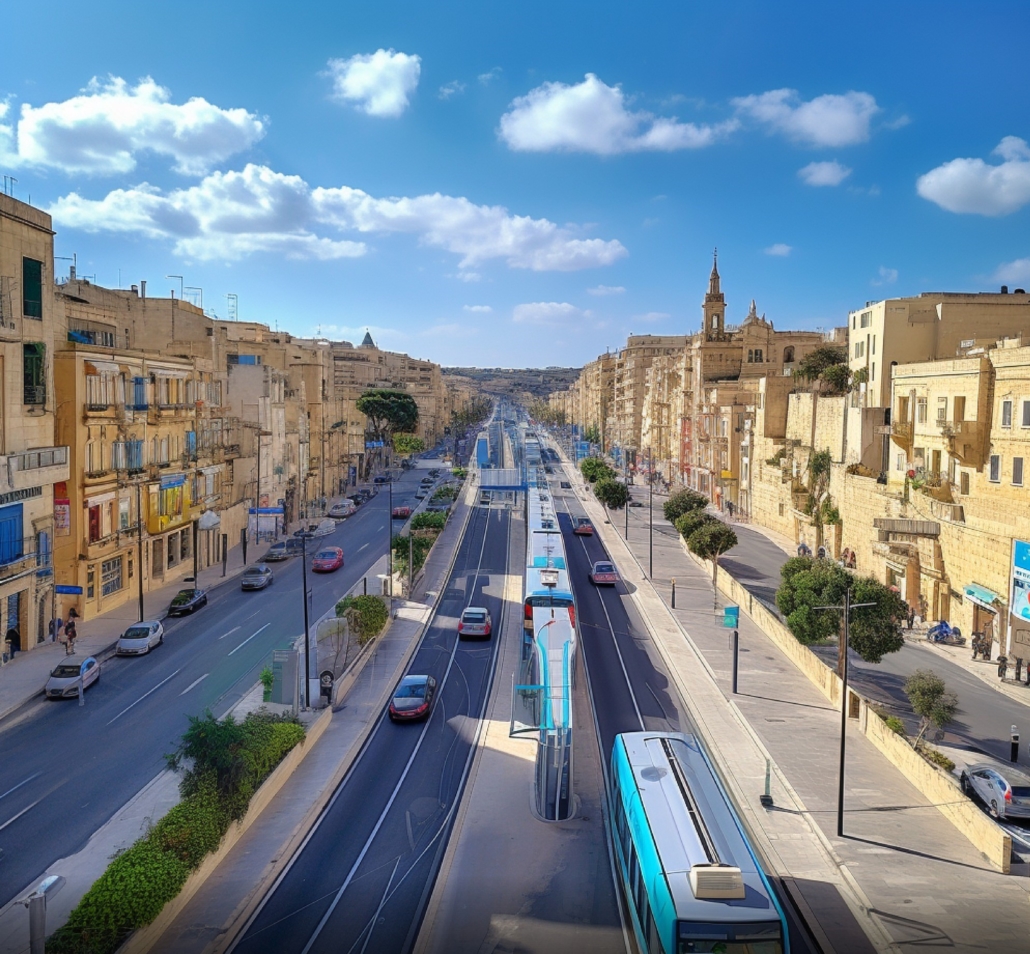No driving license? No problem!
I’ve been working in the mobility industry for over eight years now in various capacities. Yet I don’t have a driving license.
When I mention that I don’t drive, there’s a consensus that it’s strange and bizarre – to them. Not to me.
Allow me to explain.
I’m a TCK – a third-culture-kid. A TCK is someone who was raised in a culture other than their parents or the culture of their country of nationality. And also lived in a different environment during a significant part of their developmental years.
I was fortunate to grow up in Singapore, in a Russian/Ukrainian family. I also attended an international school that had representation from over 90 different countries.
This exposure fosters adaptability, resilience, and a unique perspective on cultural norms.
Riding around the world, without a driving license
Growing up in Singapore, I took advantage of the fantastic transport services, buses, underground railway (MRT) and occasionally cabs if I was in a hurry.
Driving a car in Singapore never crossed my mind. Not only did I deem it unnecessary. There was also the fact that Singapore’s Certificate of Entitlement system mandates a minimum payment of 190% of the vehicle value to simply be allowed to drive it on the road – even before you buy the vehicle.
From Singapore I travelled to the UK, to complete my undergraduate degree in London.
I found no need to have a driving license in London. I was lucky enough to spend my four years there in central locations. Everything was within walking distance, or just a tube ride away.
Part-way through my studies, in 2015, I lived in Casablanca, Morrocco. Casablanca at the time was seeing the introduction of Uber (which had seven drivers and I met them all).
My friends recommended I embrace the local red-coloured ‘petit taxis’. These were usually smaller older cars (pre-2000) that operated like an on-demand bus service.
At the time, a trip almost anywhere in Casablanca was less than €0.50. And taking an Uber was less than €2.00.
Arriving in Malta
I then moved to Malta to start an executive chauffeur service company. And frankly – when you have your own fleet of vehicles and drivers – I found no need to drive or have a driving license.
Now I work at eCabs, the leading ride-hailing company in the country. And lo and behold, I book eCabs whenever I need to go somewhere.
Malta has the second highest road density in the world, with some 18,000 vehicles per square km of road. Why would anyone want to go through the hassle of driving here? (Yes, I consider my colleagues who sometimes give me a lift ‘brave’).
How I justify it; or just do the Maths
As Kara Swisher points out in one of her NYT pieces, the ownership of a private vehicle will one day be as quaint as owning a horse.
Following Kara’s thoughts, I too don’t see the point in owning a personal vehicle.
Financially, vehicles can’t be considered an asset. They start rapidly depreciating in value the moment the vehicle leaves the showroom.
There are far too many risks involved in driving/parking it.
And frankly – even if you use it for an hour daily, that’s less than 5% of your entire day.
Invest in a good bed instead.
With the availability of micro-mobility, if I need to get somewhere, I ride an electric scooter* or walk (we have a great climate for that here in Malta).
If you’re spending less than €400 a month on cabs, you don’t need a car.
The business perspective
It’s been called ‘ironic’ as I work at a ride-hailing company, but is it?
Our clients come to us for mobility solutions. And corporate clientele are moving towards commitments to sustainability and providing eco-friendly solutions for their employees.
How can one truly understand a client if you don’t walk a mile in their shoes?
When it comes to eCabs, I use our cabs to attend meetings – and go through the same journey/experience that our customers do.
This ensures that I can keep a pulse on how our ride-hailing service is performing.
On more than one occasion, I’ve been able to point out simple things that would ensure a better service for corporate clients.
Such as ensuring that their Google Maps marker is registered correctly to allow for better route mapping and more accurate pick-up locations.
If I had driven myself to the client, would I have experienced this? No, but their employees using our services do, and it would have been overlooked from the get-go.
With Malta being what it is, I believe that every little effort helps in decongesting our roads and ensuring that we instil better mobility habits into future generations.
While others preach about change, I prefer to “Be the change you wish to see in the world” (Ghandi).
Looking ahead: the future of personal mobility
I believe we’re at the precipice of how mobility will be defined for the generations to come.
If we plunge into the future with the right mindset and considerations for the environment, the urban setting and start correctly factoring in the costs of owning a private vehicle, we are going see a continuous adoption of greener, shared and even, perhaps, viable autonomous solutions.
*This blog was written a day prior to the Government of Malta announcing a ban on rental e-scooters from the 1st of March 2024. Private e-scooters will still be allowed.










